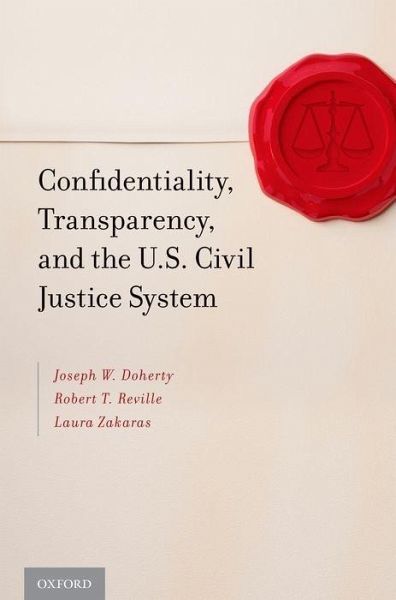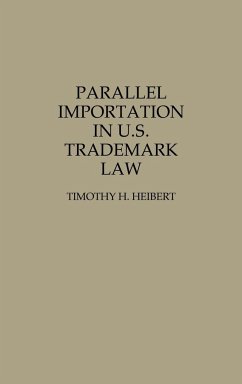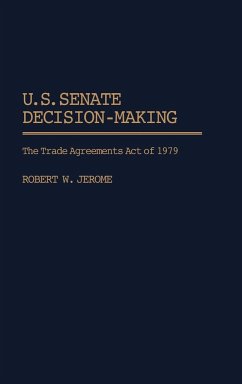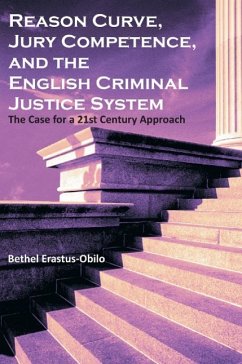
Confidentiality, Transparency, and the U.S. Civil Justice System

PAYBACK Punkte
75 °P sammeln!
The lawsuit is the cornerstone of the civil justice system in America, and an open court the foundation of American jurisprudence. In a public setting, we resolve disputes, determine liability, and compensate injuries. In recent decades, however, more civil disputes have been resolved out of court and the outcomes have been kept secret. Fewer than 5 percent of the tens of millions of injury claims annually are actually resolved through a public trial with a jury, and the vast majority are settled out of court or through private forums, such as mediation or arbitration, with undisclosed terms. ...
The lawsuit is the cornerstone of the civil justice system in America, and an open court the foundation of American jurisprudence. In a public setting, we resolve disputes, determine liability, and compensate injuries. In recent decades, however, more civil disputes have been resolved out of court and the outcomes have been kept secret. Fewer than 5 percent of the tens of millions of injury claims annually are actually resolved through a public trial with a jury, and the vast majority are settled out of court or through private forums, such as mediation or arbitration, with undisclosed terms. Some argue that the confidentiality of the system keeps it working efficiently and fairly; others argue that the public is being denied information about hazards that may cause harm and that a public system with no data lacks oversight. This collection of essays by leading legal scholars is the first book to approach the issue in a multidisciplinary, nonpartisan, and empirical manner. The essays provide empirical analyses and case studies of the impact of greater disclosure on various aspects of the system, ranging from settlement values to fraud, and propose several novel prescriptions for reform. With special attention to the emergence of modern mass litigation, the authors identify a number of benefits to increasing access to information, including decreased fraud, improved public understanding and confidence in the system, and lower transactions costs. The authors make policy recommendations--such as expanding access to existing databases and using technology to create new databases--that increase transparency while protecting the need for privacy.













